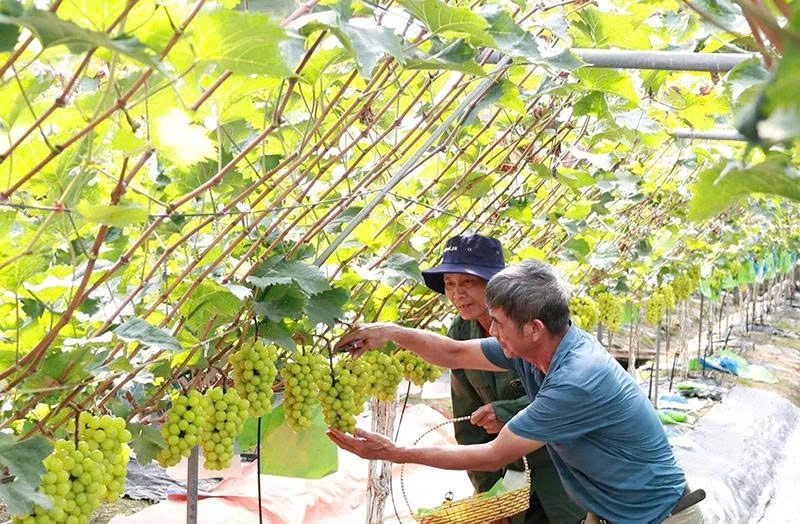
High-tech grape growing at Thieu Hung Agricultural Service Cooperative, Thieu Hoa Commune.
In the middle of the vast hills of Mau Lam commune, the comprehensive farm of Mr. Nguyen Danh Hoang in Dong Nghiem village is like a fresh color in the rural picture that is changing every day. On more than 3 hectares of contracted hill land, he has created a model of modern, systematic farming and livestock farming. Three rows of chicken coops are solidly built, applying high-tech farming, operating automatically from feeding troughs, drinking water to misting cooling system... Next to them are 2 hectares of fruit trees such as grapefruit, Thai jackfruit, guava... green all year round.
Not only knowing how to do it, Mr. Hoang also knows how to improve his knowledge of animal husbandry, always keeping the barn clean, keeping each breed safe... Thanks to that, each year his farm sells more than 80 tons of commercial chickens, supplying the market with about 1,300 eggs per month, with a revenue of 6 billion VND, after deducting expenses, the profit is about 700 million VND. Seven workers in the area have stable jobs, and he is still diligently sowing faith in the land, in the profession and in the clean agricultural path that he is pursuing.
Mr. Hoang's story is just one of many examples of the sustainable development of the farm economy in Thanh Hoa. According to the Department of Agriculture and Environment, by September 2025, the whole province will have 1,074 qualified farms, an increase of 16 farms compared to the end of 2024. Of these, there are 128 crop farms, 644 livestock farms, 25 forestry farms, 120 aquaculture farms and 157 mixed farms. These farms create regular jobs for about 4,500 workers, with an average income of 4.5 million VND/person/month.
If the farm economy is the "core" of production, then cooperatives are the "pillars" to reorganize agriculture in a sustainable and effective direction. By 2025, the whole province is estimated to have 810 effectively operating cooperatives, accounting for more than 60% of the total number of cooperatives, including 645 agricultural cooperatives, 64 People's Credit Funds and 101 non-agricultural cooperatives. The average total revenue of each cooperative is 7.6 billion VND/year, the average profit is about 280 million VND, the income of regular workers is 52 million VND/person/year. This figure not only reflects economic efficiency, but also shows a qualitative change in the thinking and operation methods of the collective economic sector.
Many cooperatives have risen to affirm their brand and management capacity. Typically, Phu Loc Agricultural Service Cooperative invested 2.5 billion VND to build 1,500m2 of hydroponic houses, signed contracts to purchase products with many businesses, and earned over 25 billion VND in revenue each year; Thieu Hung Agricultural Service Cooperative maintained 9 service stages, developed VietGAP vegetable areas, supported agricultural product consumption for people, bringing in over 20 billion VND in revenue per year; Nga Truong Agricultural Service Cooperative consistently purchased over 180 tons of products each year, helping to stabilize output for hundreds of households... These numbers are not only production results, but also evidence of the spirit of innovation, daring to think, daring to do of Thanh Hoa farmers today.
If cooperatives and farms are the “leading birds”, then cooperative groups are the sustainable foundation of the collective economy. Unlike cooperatives, cooperative groups are small in scale, flexible, operate on the basis of voluntariness, contribute capital, share human resources and apply new techniques. It is from this simple connection that many cooperative groups have grown strong, strong enough to transform into cooperative models, creating a solid network of community connections.
Vice President of Thanh Hoa Province Cooperative Union Le Hong Hai said: “Cooperatives are the “incubators” of the cooperative movement. From the initial connections, people learn how to cooperate, produce together, and share benefits. When trust is strengthened, cooperatives naturally develop into new-style, more professional cooperatives.”
To create momentum for sustainable development of the collective economy, along with many "stimulus" policies, on August 6, 2025, the Provincial People's Committee issued Plan No. 160/KH-UBND on the development of collective economy and cooperatives in 2026. The plan aims to expand the scale, diversify the fields of operation, prioritize the development of new-style cooperatives, and produce OCOP products associated with sustainable value chains. Along with that, the province promotes administrative reform, creating a favorable environment for cooperatives to access capital, land, science and technology. The Provincial Cooperative Union plays a role as a bridge to support and guide the establishment of new cooperatives and cooperative groups; annually organizes 7-10 training courses for more than 400 officials and members, along with dozens of tours, trade promotion, and fairs inside and outside the province...
The efforts to develop the market economy of Thanh Hoa province are also in the general direction of our Party and State. The major policies to develop the market economy and cooperatives are: Resolution No. 13-NQ/TW (9th term), Conclusion No. 70-KL/TW (12th term), Resolution No. 20-NQ/TW (13th term)... have affirmed the role of the market economy as an important economic component, together with the State economy to become a solid foundation of the national economy.
The practice of developing the collective economy in Thanh Hoa shows that when the cooperative mindset is aroused, when people know how to unite to develop together, the community strength will be multiplied. Cooperatives, cooperatives, and farm economy not only bring economic value, but also contribute to shaping a modern, sustainable, and humane agriculture. When the "position" of policy and the "strength" of the people meet, the province's collective economy will continue to grow strongly, becoming an important "support" on the journey to build a model, rich, beautiful, and civilized province.
Article and photos: Gia Bao
Source: https://baothanhhoa.vn/tao-dong-luc-de-kinh-te-tap-the-phat-trien-ben-vung-267042.htm




![[Photo] Standing member of the Secretariat Tran Cam Tu visits and encourages people in the flooded areas of Da Nang](https://vphoto.vietnam.vn/thumb/1200x675/vietnam/resource/IMAGE/2025/10/30/1761808671991_bt4-jpg.webp)


![[Photo] Fall Fair 2025 - An attractive experience](https://vphoto.vietnam.vn/thumb/1200x675/vietnam/resource/IMAGE/2025/10/30/1761791564603_1761738410688-jpg.webp)

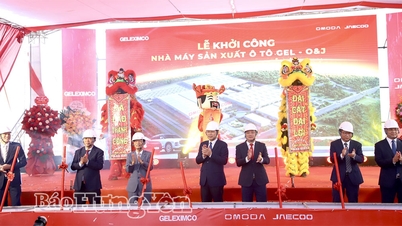




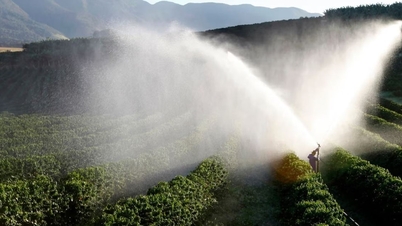

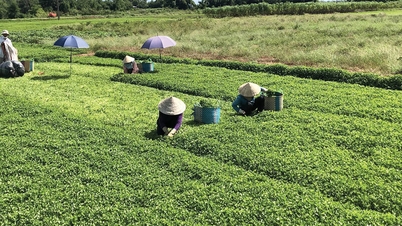





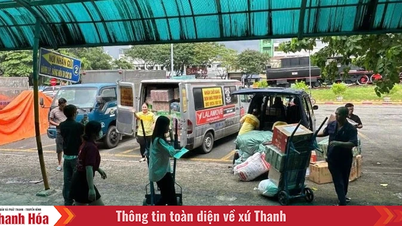
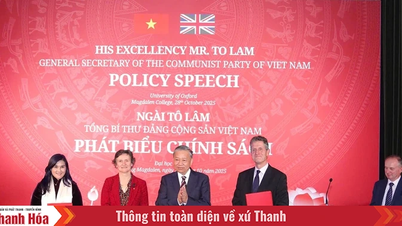
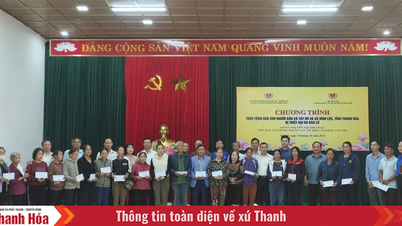
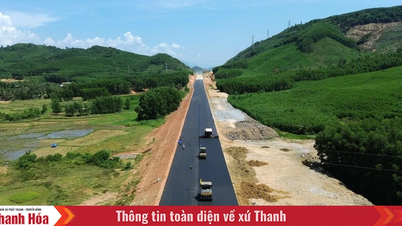
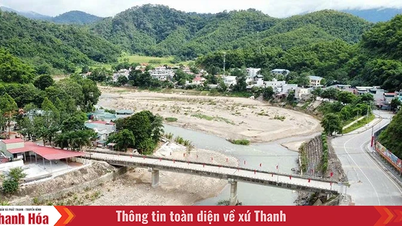
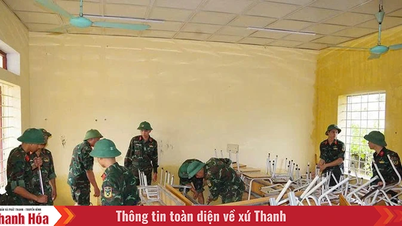
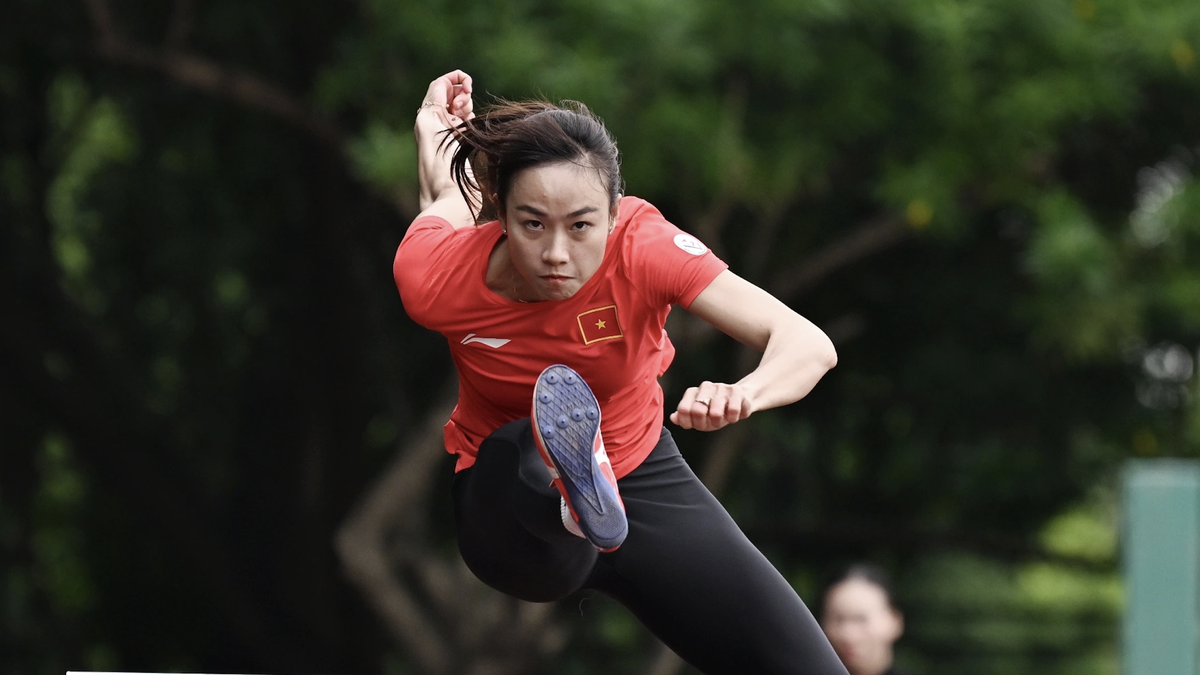
![[Photo] New-era Party members in the "Green Industrial Park"](https://vphoto.vietnam.vn/thumb/1200x675/vietnam/resource/IMAGE/2025/10/30/1761789456888_1-dsc-5556-jpg.webp)


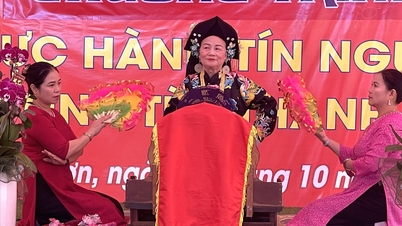







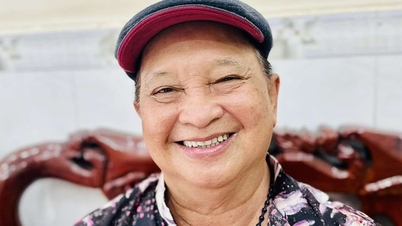



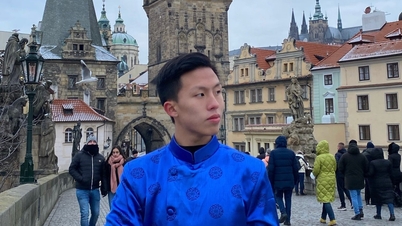



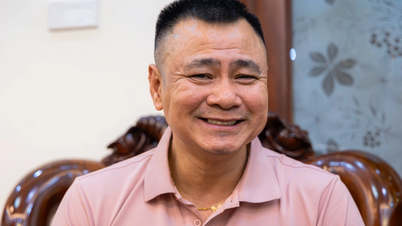






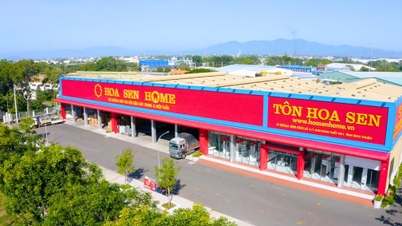












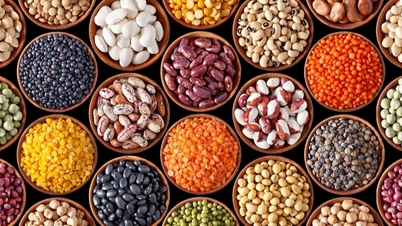

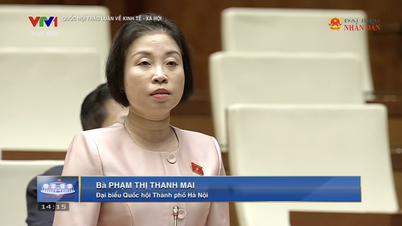

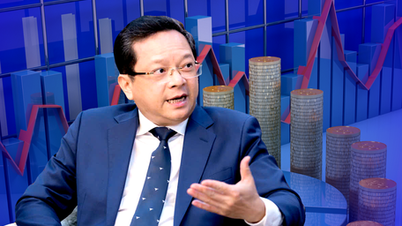




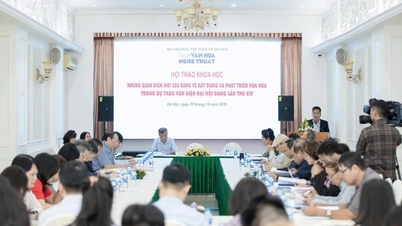
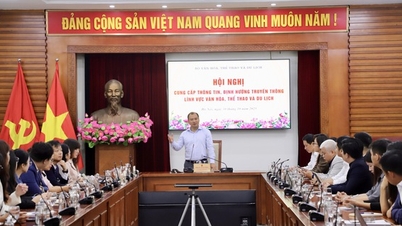
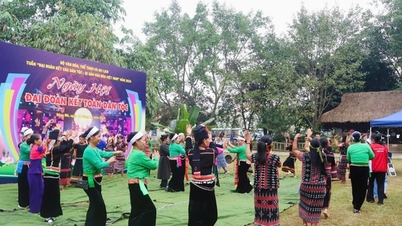
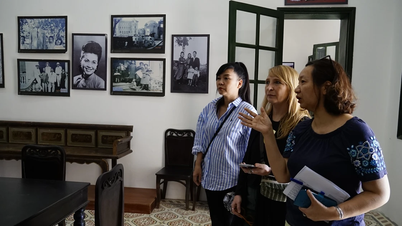

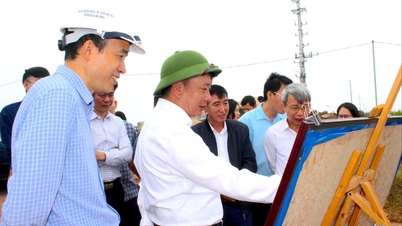

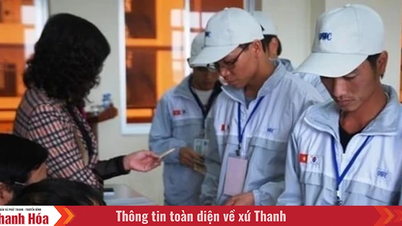
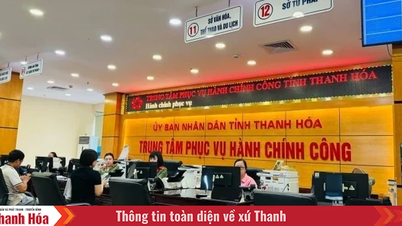
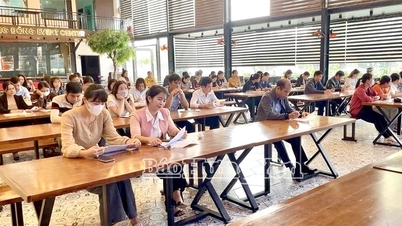
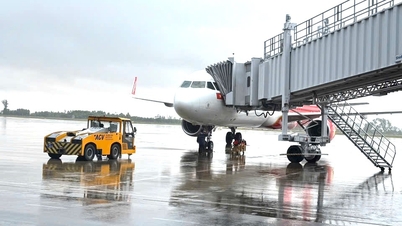
















Comment (0)